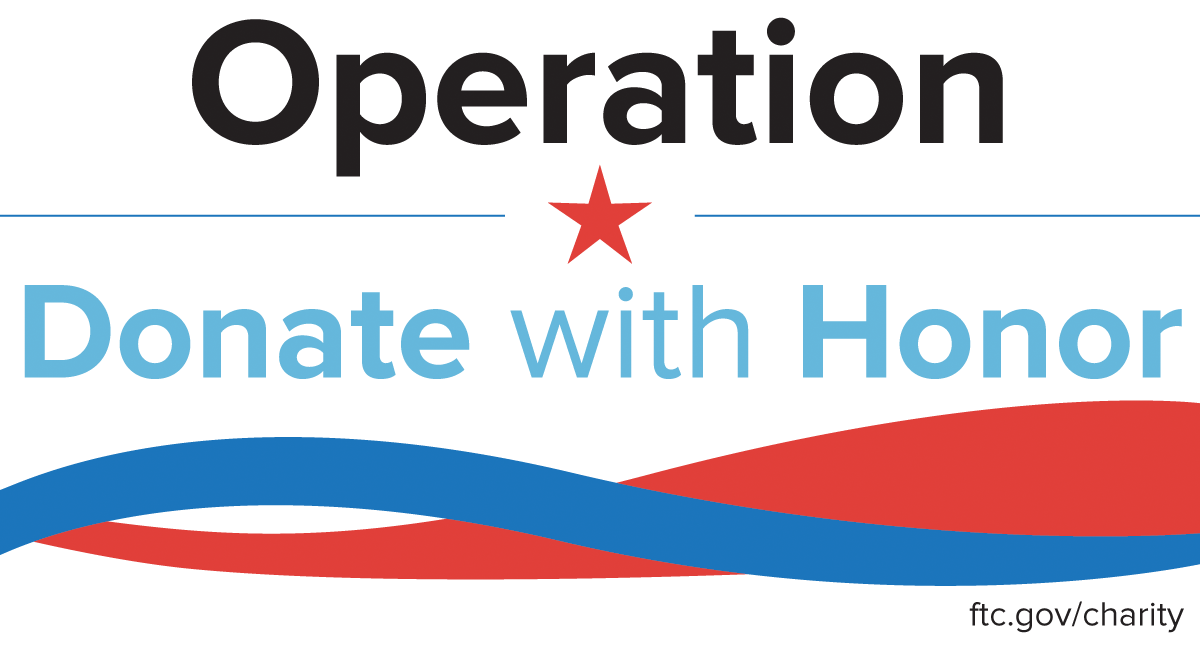Last year, the FTC and state charity regulators joined in Operation Donate with Honor to stop sham veterans charities from lying to donors.  Today the FTC is announcing that it shut down two more operations that collected donations with false promises of helping veterans and military service members.
Today the FTC is announcing that it shut down two more operations that collected donations with false promises of helping veterans and military service members.
In American Veterans Foundation, the FTC and its co-plaintiff, the Florida Attorney General, charge that this supposed charity falsely told donors that their contributions would be used to send care packages to deployed military service members, and to give immediate support to homeless veterans. In fact, almost no money went to these programs and little went to help veterans in any way. 92% of donations, instead, paid for telemarketers and other administrative costs.
It’s a shame. Generous Americans gave more than $6.45 million to this group, but their good intentions were not fulfilled. Worse yet, that money did not get to legitimate charities that actually help our veterans and military service members. As a result of the action announced today, American Veterans Foundation and its operator, Paul Monville, agreed to be banned from fundraising so that they can never deceive donors again.
Earlier this week, the FTC had announced that it shut down another sham charity, Veterans of America, that used robocalls to solicit car donations, claiming the donations would benefit veterans. Like many fraud schemes, Veterans of America used sympathetic sounding names, including “Saving Our Soldiers,” “Act of Valor,” and “Medal of Honor.” It turned out that none of these were real charities and no veterans were helped. The only one who benefitted was the scammer running it. (The FTC’s action challenged practices by Utah resident Travis Deloy Peterson and entities he controlled that used names like Veterans of America and Medal of Honor. The FTC has not taken action against other entities called Veterans of America, Medal of Honor, or similar names.)
The FTC and its partners continue to fight veterans charity scams. But the best way to make sure your donations are going to the cause and program you intend to help is by researching the organization first. The tips at FTC.gov/Charity can help you. And watch this video to see how some veterans talk about this issue themselves.
Note: This post was updated on November 6, 2020

